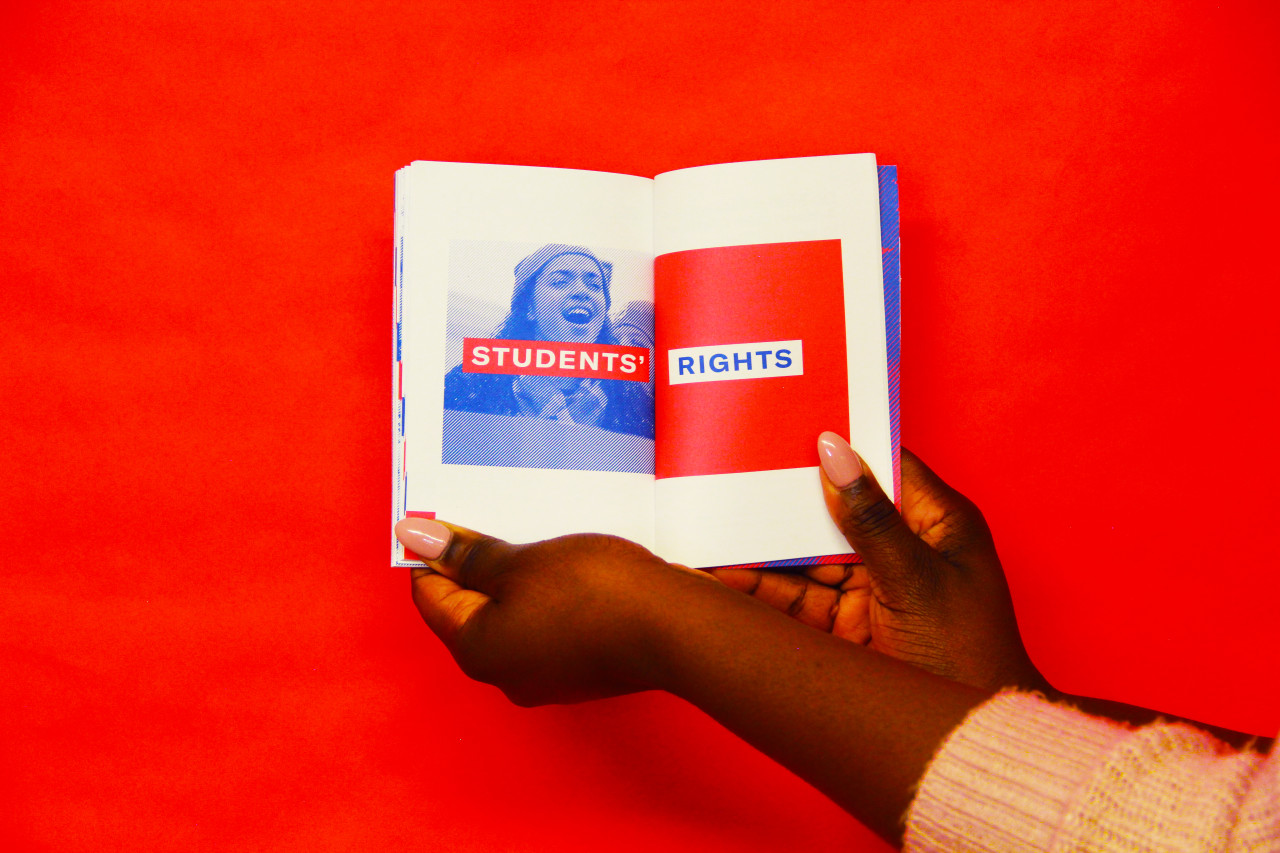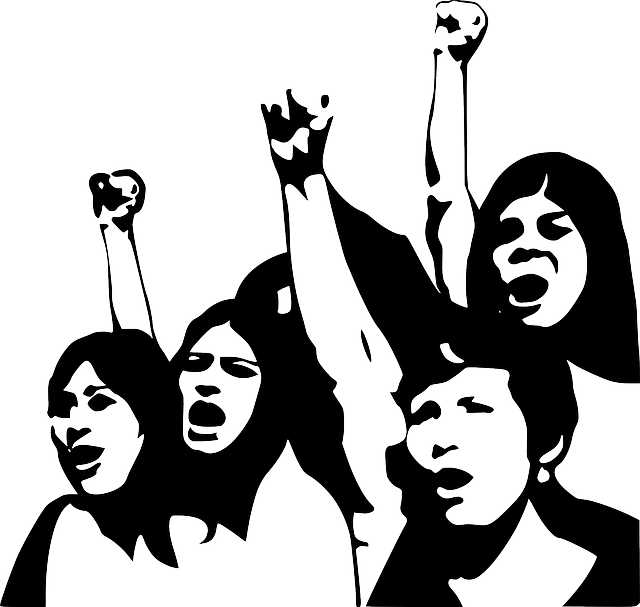Students’ First Amendment Rights
What rights do students have to access books?

Students retain their First Amendment rights in schools. In Tinker v. Des Moines Independent Community School District, a 1969 decision, the U.S. Supreme Court held that students do not “shed their constitutional rights to freedom of speech or expression at the schoolhouse gate.”
Thirteen years later, in Board of Education, Island Trees Union Free School District v. Pico, the court noted the “special characteristics” of the school library, making it “especially appropriate for the recognition of the First Amendment rights of students,” including the right to access information and ideas.
The American Library Association’s Library Bill of Rights article V states: “A person’s right to use a library should not be denied or abridged because or origin, age, background or views.” The bill of rights specifically states age as a reason patrons should not be denied access to books.

Even more than the Library Bill of Rights, the First Amendment protects the rights of students:
Congress shall make no law respecting an establishment of religion, or prohibiting the free exercise thereof; or abridging the freedom of speech, or of the press; or the right of the people peaceably to assemble, and to petition the Government for a redress of grievances.
Further, the Fourteenth Amendment extends the limits of the First Amendment by protecting the people’s rights to public education. Now, not only is it federal law, but state and local laws also ensure access to education and knowledge. Public schools and school libraries are part of local government; they must follow the First Amendment.
“[T]he school board’s non-curricular decision to remove a book well after it had been placed in the public school libraries evokes the question whether that action might not be an unconstitutional attempt to ‘strangle the free mind at its source.”
Campbell v. St. Tammany Parish School Board
